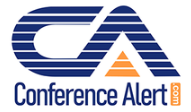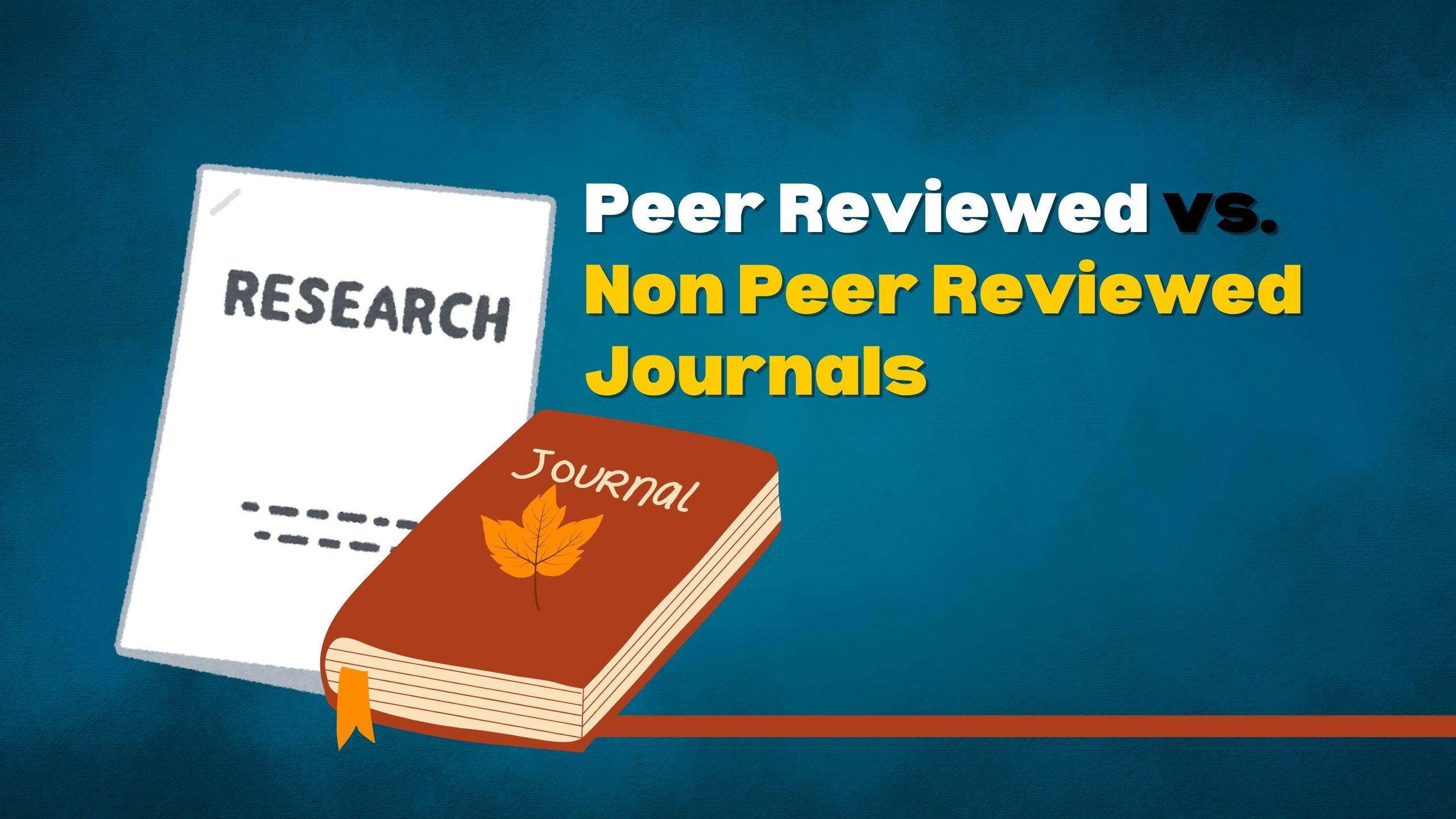Applying for a travel grant can be a game-changer for research scholars aiming to attend a conference. Conferences are essential platforms for sharing research findings, networking with industry experts, and learning about the latest advancements in various fields. Travel expenses can be a significant barrier, especially for scholars with limited funding.
Travel grants are designed to ease this burden, enabling scholars to participate in national and international conferences without worrying about financial constraints. Explore the key aspects of applying for travel grants, from understanding eligibility criteria to crafting a compelling application, ensuring you make the most of these opportunities to enhance your academic journey.
What is an Application for Travel Grant for Research Scholars?
An application for a travel grant is a formal request submitted by research scholars seeking financial support for their travel expenses related to academic and research activities. Travel grants are specifically designed to assist scholars in covering costs like airfare, accommodation, registration fees, and other expenses related to attending conferences, workshops, seminars, or conducting research in different locations.
- Encourage Knowledge Sharing: By attending conferences, research scholars can present their work, learn from experts, and bring back new knowledge to their institutions.
- Support Networking: Travel grants enable scholars to connect with other researchers, industry experts, and potential collaborators, thus expanding their academic and professional networks.
- Foster International Collaboration: Travel grants promote global exchange of ideas and encourage collaboration between researchers from different countries.
- Promote Professional Growth: Participation in academic events allows scholars to gain insights into current trends and advancements in their field, enhancing their expertise and career prospects.
Who Can Apply for a Travel Grant for Research Scholars?
Travel grants are available to a wide range of research scholars. Eligibility criteria vary depending on the grant provider, the nature of the travel, and the academic event or research activity. Below are the common categories of research scholars who can apply for travel grants:
1.Ph.D. Students and Doctoral Candidates:
- Most travel grants target Ph.D. students or doctoral candidates who are actively pursuing research. These grants often require applicants to be enrolled in a recognized institution and to have a solid research proposal or accepted conference paper.
- The applicant may need to demonstrate that attending a specific conference or conducting research travel is essential to their doctoral studies.
2. Postdoctoral Researchers:
- Postdoctoral researchers, who have recently completed their Ph.D. and are engaged in further research, can also apply for travel grants. These grants can support postdocs in presenting their findings at conferences or collaborating with other researchers.
- Grants for postdocs often focus on fostering early-career researchers and enabling them to establish themselves in their chosen field of study.
3. Master’s Students:
Although less common, some travel grants are available for master’s students who have demonstrated academic excellence and have a strong interest in research. These grants may support participation in workshops, research internships, or conferences relevant to their field.
4. Independent Researchers:
Independent scholars who are not formally attached to an institution but are conducting research in a specialized area may also be eligible for certain travel grants. These grants may have different criteria, emphasizing the potential impact of the research rather than institutional affiliation.
5. Faculty and Early-Career Academics:
Faculty members or early-career academics who are involved in research may be eligible for travel grants, especially if they are supervising student research or presenting collaborative work at conferences.
Types of Travel Grants for Research Scholars
There are different types of travel grants available to research scholars, each serving specific purposes. Understanding the nature of each type can help applicants identify the most suitable options:
1.Conference Travel Grants:
- Grants are aimed at supporting research scholars who wish to attend and present their research at academic conferences. Many academic institutions, professional organizations, and funding agencies provide conference travel grants.
- The grant may cover registration fees, travel expenses, accommodation, and per diem allowances for meals and incidentals.
2. Fieldwork Travel Grants:
- Fieldwork travel grants support scholars who need to conduct research in specific geographical locations. This is particularly relevant for those studying natural sciences, anthropology, archaeology, sociology, and other fields that require data collection on-site.
- These grants may cover costs like travel, accommodation, field equipment, and local transportation during the research period.
3. Study Abroad or Research Exchange Travel Grants:
- Grants are designed to facilitate short-term study abroad or research exchange programs between institutions. These grants provide scholars the opportunity to spend time at a partner institution, collaborate with other researchers, and gain access to specialized resources or equipment.
- Grants often emphasize international collaboration and may require a letter of invitation from the host institution.
4. Professional Development Travel Grants:
- Research scholars may also apply for travel grants to attend workshops, training programs, or summer schools that provide specialized skills and professional development opportunities.
- These grants focus on helping scholars gain new methodologies, techniques, or knowledge that can benefit their research and career development.
Application Process for Travel Grants: Step-by-Step Guide
Applying for a travel grant involves a well-prepared proposal and documentation that demonstrates the necessity and impact of the travel on the scholar’s research.
1.Research Available Grants:
- Start by identifying potential grant providers, such as universities, professional associations, government agencies, and private foundations. Look for grants that match your field of study, the purpose of travel, and your eligibility.
- Visit the websites of academic societies, university departments, and conference organizers for announcements about travel grants.
2. Prepare Required Documents:
Most travel grant applications require a set of documents, including:
- A cover letter explaining the purpose of the travel and its relevance to your research.
- A detailed budget outlining the expected expenses (airfare, accommodation, registration fees, etc.).
- A research proposal or abstract of the paper to be presented.
- A curriculum vitae (CV) that highlights your academic achievements.
- A letter of support from your supervisor or department head.
3. Write a Persuasive Statement of Purpose:
- The statement of purpose or motivation letter is a crucial part of the application. It should clearly articulate why the travel is important for your research, how it will benefit your academic development, and what outcomes you expect from the event or fieldwork.
- Highlight the potential impact of the travel on your research and how you plan to share the knowledge gained with your institution or the academic community.
4. Submit Application Before the Deadline:
Submit your application electronically or by mail as required by the grant provider, ensuring all required documents are included.
Important Notes About Travel Grant Applications for Research Scholars
1.Check Eligibility Requirements Carefully:
Each grant has specific eligibility criteria regarding the applicant’s academic status, field of study, and the nature of the travel. Make sure to thoroughly review these requirements before applying to avoid unnecessary rejection.
2. Pay Attention to Budget Restrictions:
Some travel grants have caps on certain expenses, such as daily allowances for meals or maximum amounts for airfare. Prepare a realistic budget that adheres to these guidelines to avoid discrepancies later.
3. Demonstrate Relevance and Impact:
Review committees look for applications that clearly demonstrate how the travel will contribute to the applicant’s research, academic growth, and the broader research community. Focus on the potential outcomes and long-term benefits of the travel.
4. Consider Institutional Grants:
Many universities have internal travel grants for their students and faculty. These grants can be easier to obtain compared to external grants, as they are designed to support the institution’s research community.
5. Seek Feedback Before Submission:
Submitting your application, seek feedback from your supervisor or peers. They can provide valuable insights on how to strengthen your proposal and increase your chances of success.
Tips for Writing a Winning Travel Grant Application
- Tailor Your Application: Customize your application for each grant. Emphasize how the goals of the grant align with your research and conference participation.
- Be Specific and Concise: Clearly state your objectives and how the conference will benefit your research. Avoid jargon and keep your language simple and direct.
- Highlight the Impact: Show how attending the conference will have a broader impact on your academic journey, research area, or even the community you represent.
- Proofread Thoroughly: Make sure your application is free of errors. A well-written and error-free application reflects professionalism and attention to detail.
Examples of Travel Grant Providers for Research Scholars
Research scholars in finding the right travel grants, Some examples of organizations that often offer funding:
- The Fulbright Program: Offers travel grants to support research scholars, especially for international travel.
- The American Association of University Women (AAUW): Provides travel grants for women in academic research fields.
- The European Molecular Biology Organization (EMBO): Offers travel grants for life sciences researchers attending conferences or conducting collaborative research in Europe.
- The Royal Society: Provides various travel grants for scientists and engineers to attend international conferences.
- National Science Foundation (NSF): Offers travel funding as part of research grants for U.S.-based students and postdoctoral researchers.
- Institutional Grants: Many universities and research institutes have their own travel grant programs. It’s advisable to check with your institution’s research office or academic advisor.
Applying for a travel grant can open up new opportunities for research scholars, allowing them to gain exposure, collaborate with peers, and advance their academic careers. By understanding the application process, meeting the eligibility criteria, and preparing a well-crafted proposal, scholars can significantly enhance their chances of securing funding for their travel needs.




